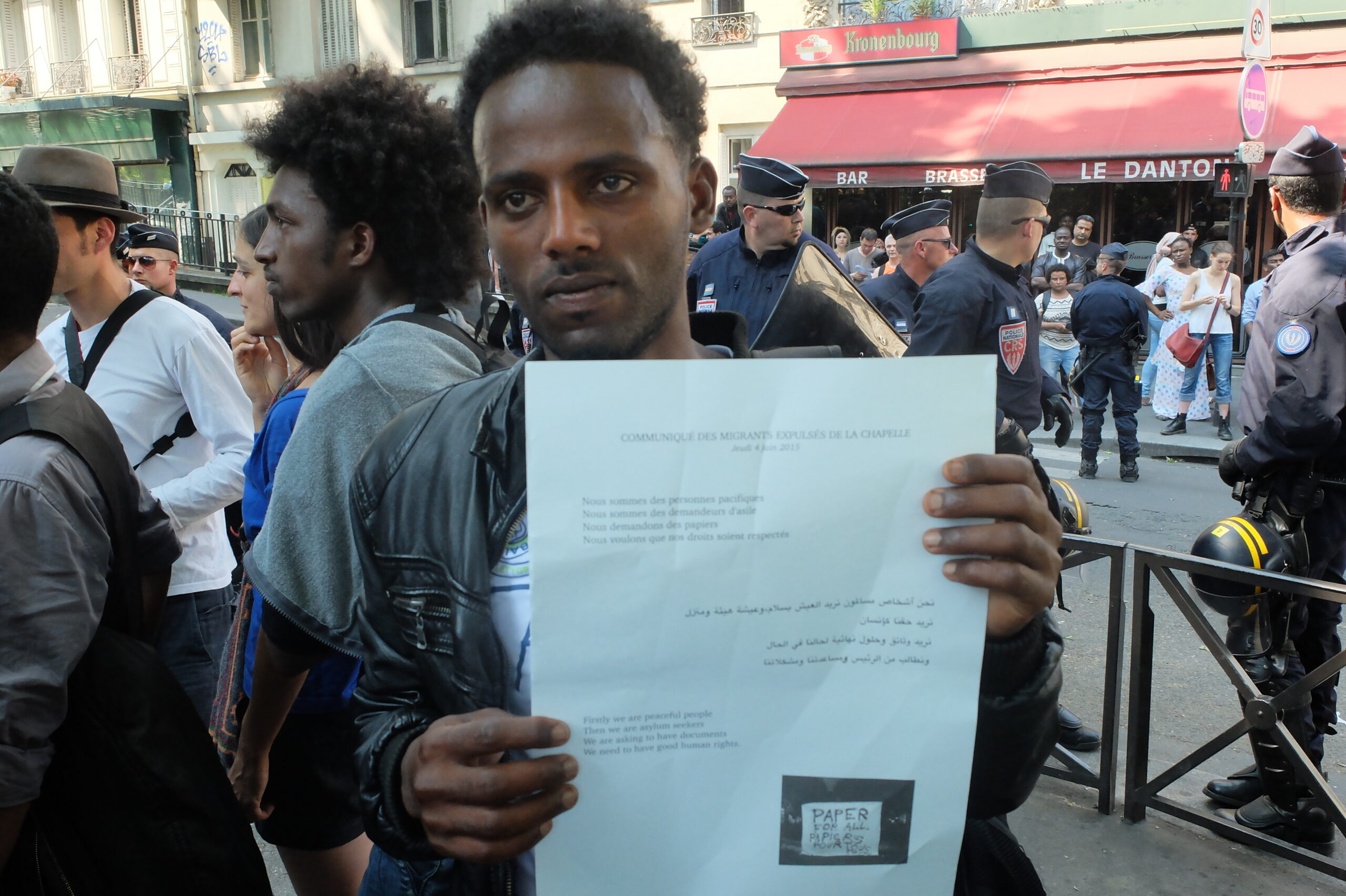Wednesday
25. January 2023 – kleiner Hörsaal HS 1010 (Keksdose)
Program
Wednesday is split into two sections. First, we will show three experimental films and then we turn our attention to the topic of museums and archives
Film 1 – A Family Portrait
This film explores the sensory relationship between distance and memory and what role they play in an immigrant’s experience of migration. After finding a family portrait on my phone one evening in Germany, I felt a longing for my hometown. I wanted to make a film about it. But how can you talk about your family portrait without talking about the reality they inhabit? They are the sum of the people and environment they come from. By using the archive footage from back home I wanted to take an audience on a journey where they are introduced to my town, the people, the economy, the traffic, and my neighborhood, all leading to my home where that family portrait exists.
Shubham Sharma studied Journalism and Mass Communication at IP University Delhi. He studied his Master’s in Visual Anthropology at University of Munster. He made several independent short films that have screened around the world in festivals like: New York Independent International Film Festival, BLOW-UP International Arthouse, and was the winner of Best Experimental at “EuroKino” Czech International Independent Film Festival. Officially selected at Asian Film Festival LA Hollywood, Paus Film Festival and won Jury Special Mention for Short Film at TOTO Awards 2021.
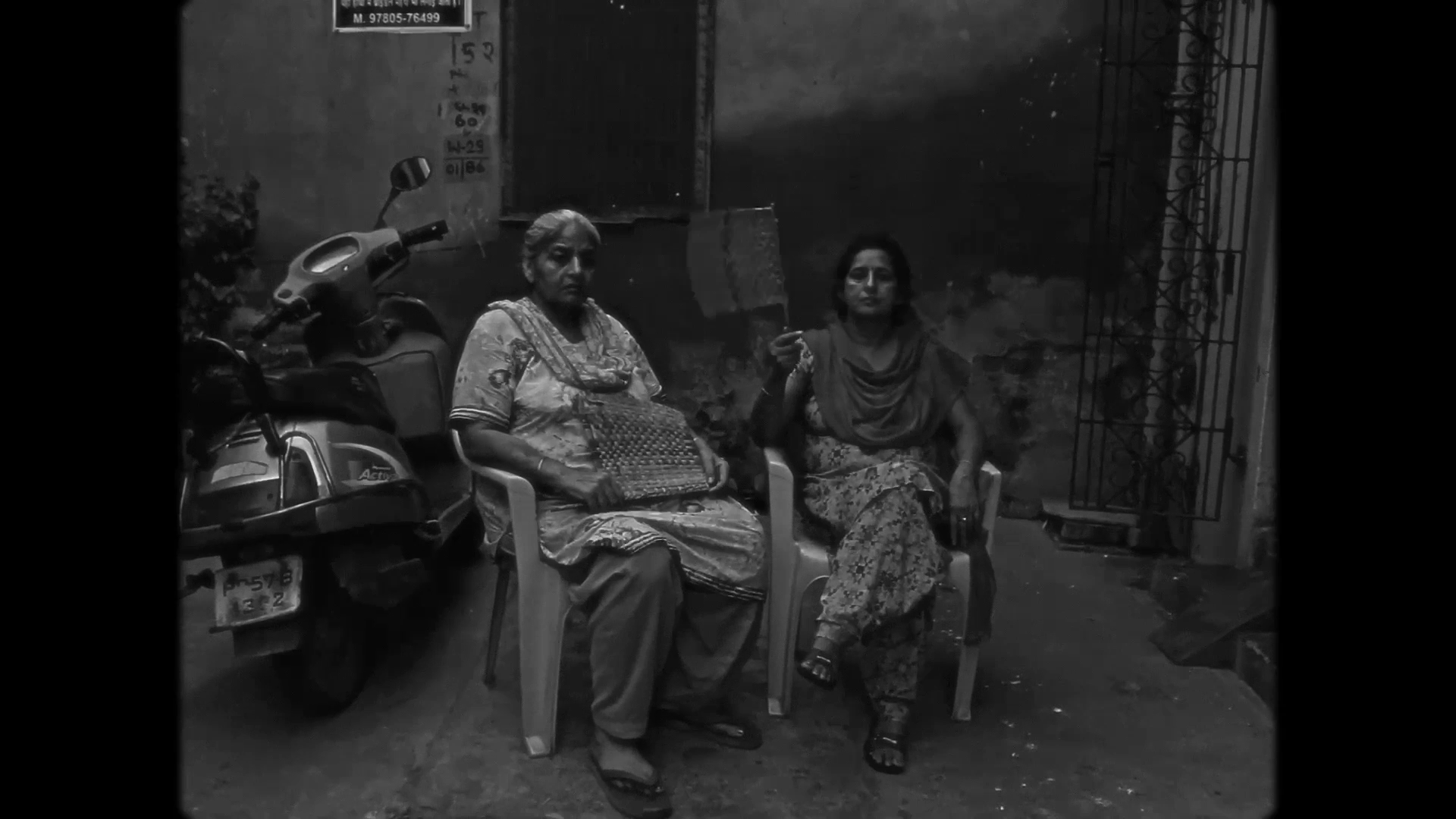
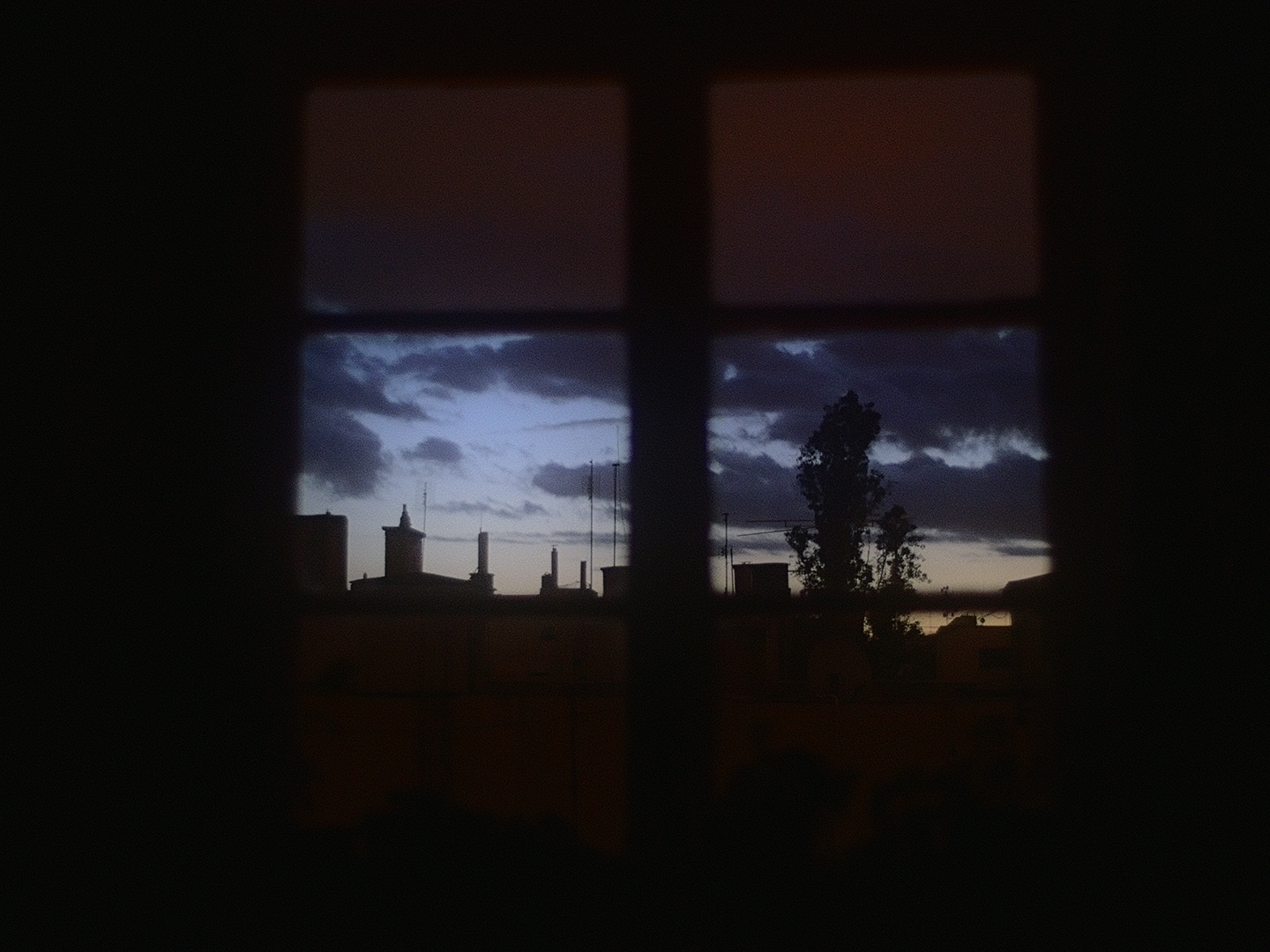
Film 2 – Usambara Violet
Some potted plants, odd hours of wakefulness, and the view from my window. A heliotropic film from the lockdown in Budapest. Initially conceived as a meditation on isolation and convalescence, the film is a record of my dimly lit hours indoors during the spring lockdown in Budapest. I had sought refuge in still life, material remains and crepuscular tidings to emphasize the strangeness of the everyday, yet it was my correspondence with friends back home that became the beating heart of the composition. In retrospect, as a foreigner who was still figuring out his relationship with a new city, I have perhaps inadvertently traced the onset of acculturation by contrasting the here, the elsewhere and the anywhere.
Aman Wadhan is an Indian filmmaker and independent researcher presently based in Hungary. He is an alumnus of the Film and Television Institute of India, and the University of Theatre and Film Arts (SzFE), Budapest. In the course of a few short films, which remain largely unknown, he has honed a sovereign poetic expression notable for its warmth, intimacy and sensorial delight. His films include Letter from Korlai (2015), Usambara Violet (2020) and Portrait of Omar at 23 (2020).
Film 3 – Under the White Mask
Based on fragments of “Under the Black Mask”, a 1958 film by Paul Haesaerts, this new film imagines what the masks, now subjects, would say. Aimé Césaire’s “Discourse on Colonialism” is spoken in Lingala for the first time. This speech is still a critical mirror for Europe.
Matthias De Groof (1981) is a Filmmaker and scholar from Belgium. His award-winning films “Lobi Kuna” (2018) and “Palimpsest of the Africa Museum” 2019 have been selected at IFFR, Le FIFA and the Berlinale, among others. His edited book “Lumumba in the Arts” (2020) reached the top-100 “books to escape the news”. He has held fellow appointments at the New York University’s Tisch School of the Arts and the Waseda University in Tokyo.
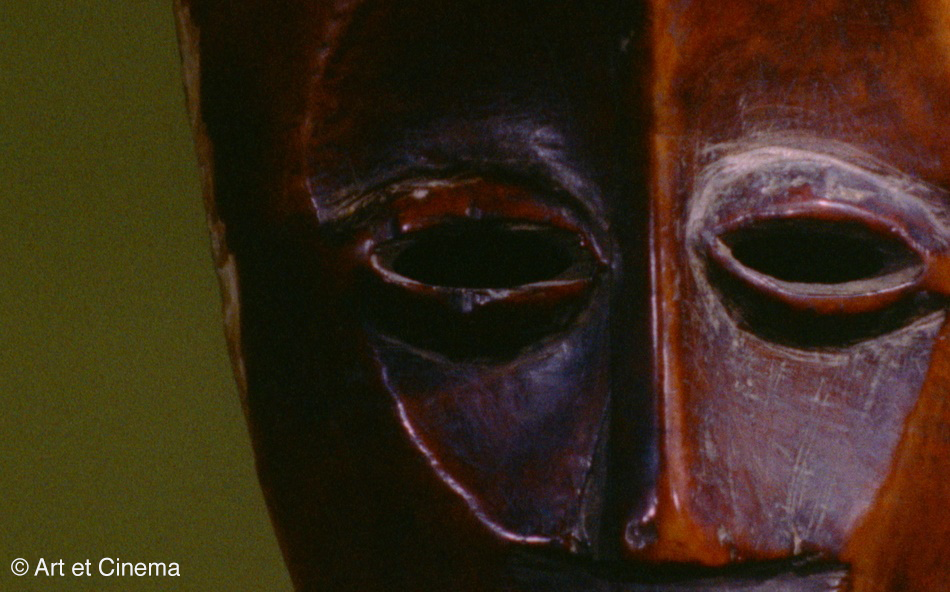
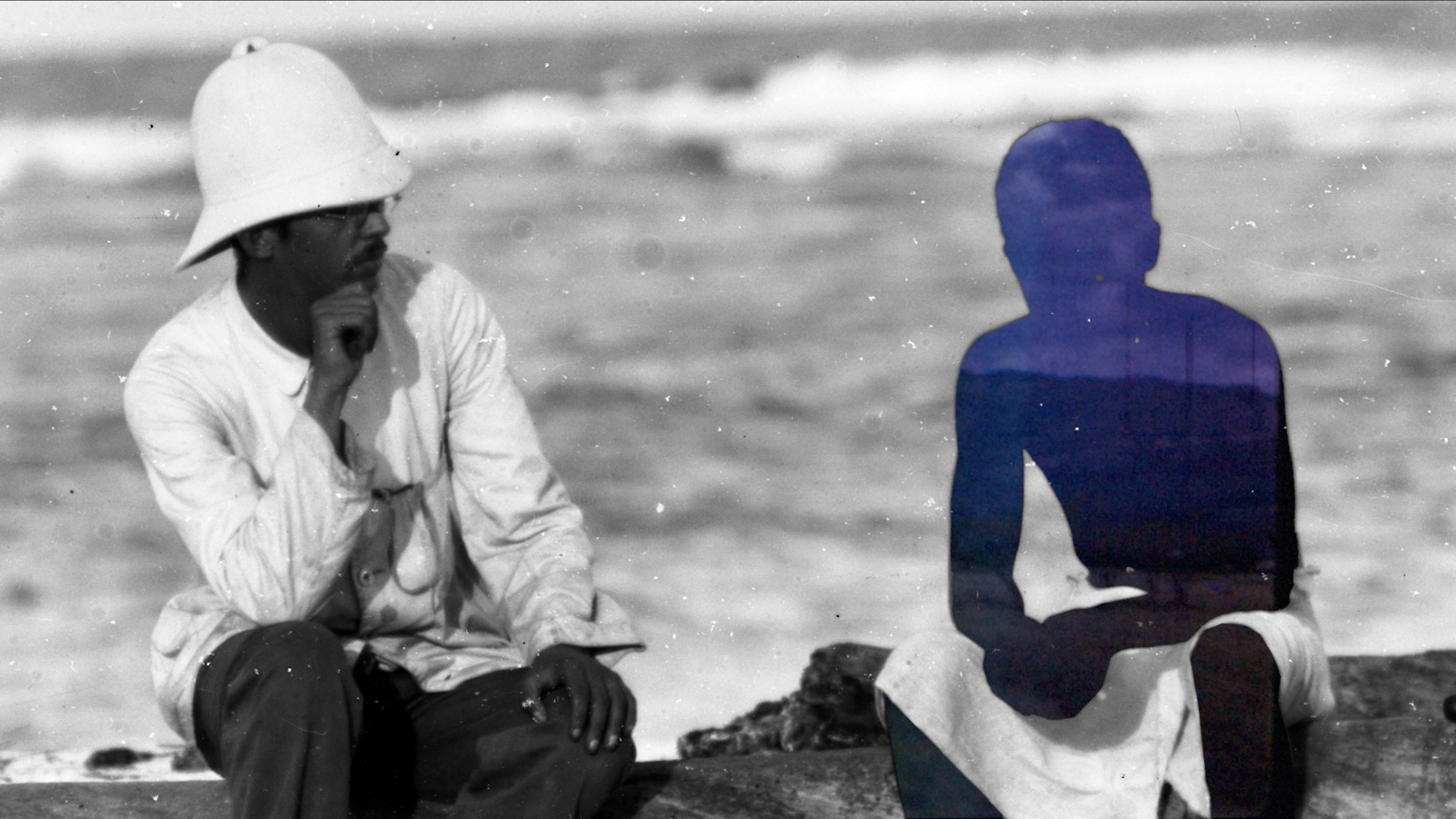
Film 4 – We are all Kanaken
In the essay film “Wir sind alle Kanaken”, Kervin Saint Pere demonstrates the complex layers of meaning associated with the term “Kanake”, that have been violently imposed through European colonialism. The appropriation of the term is closely tied to racist practices of European colonialism in the Global South, and to this day serves to legitimize violence and is used to dehumanize. This film is set up in a way which makes the observers no longer see the people who have been reduced to “Scenes of Violence”, but instead those who participate in these forms of categorization and pejorative judgment, namely, the Europeans.
Kervin Saint Pere was born in Peru, now he is living and working in Berlin. As an artist and researcher he works predominantly with audiovisual media, migration, representation as well as with archives from a decolonising point of view.
Film 5 – Fragl. Herkunft
A vase, a book, a bracelet, a lock of hair. Christian Riemenschneider probes such objects and tries to determine if they were illegally expropriated and given to Museums during German National Socialism and colonial times. The movie “Fragl. Herkunft” explores their fragmented stories and gives insights into investigative methods and restitution work of provenance research in South Lower Saxony.
Janek Totaro and Johannes Kohout are German documentary filmmakers and visual anthropologists (M.A.). In 2019, they founded the Göttingen (Germany) based production company AKINEMA. Christian Riemenschneider, depicted in the film, works as a provenance researcher for the Landschaftsverband Südniedersachsen e.V..
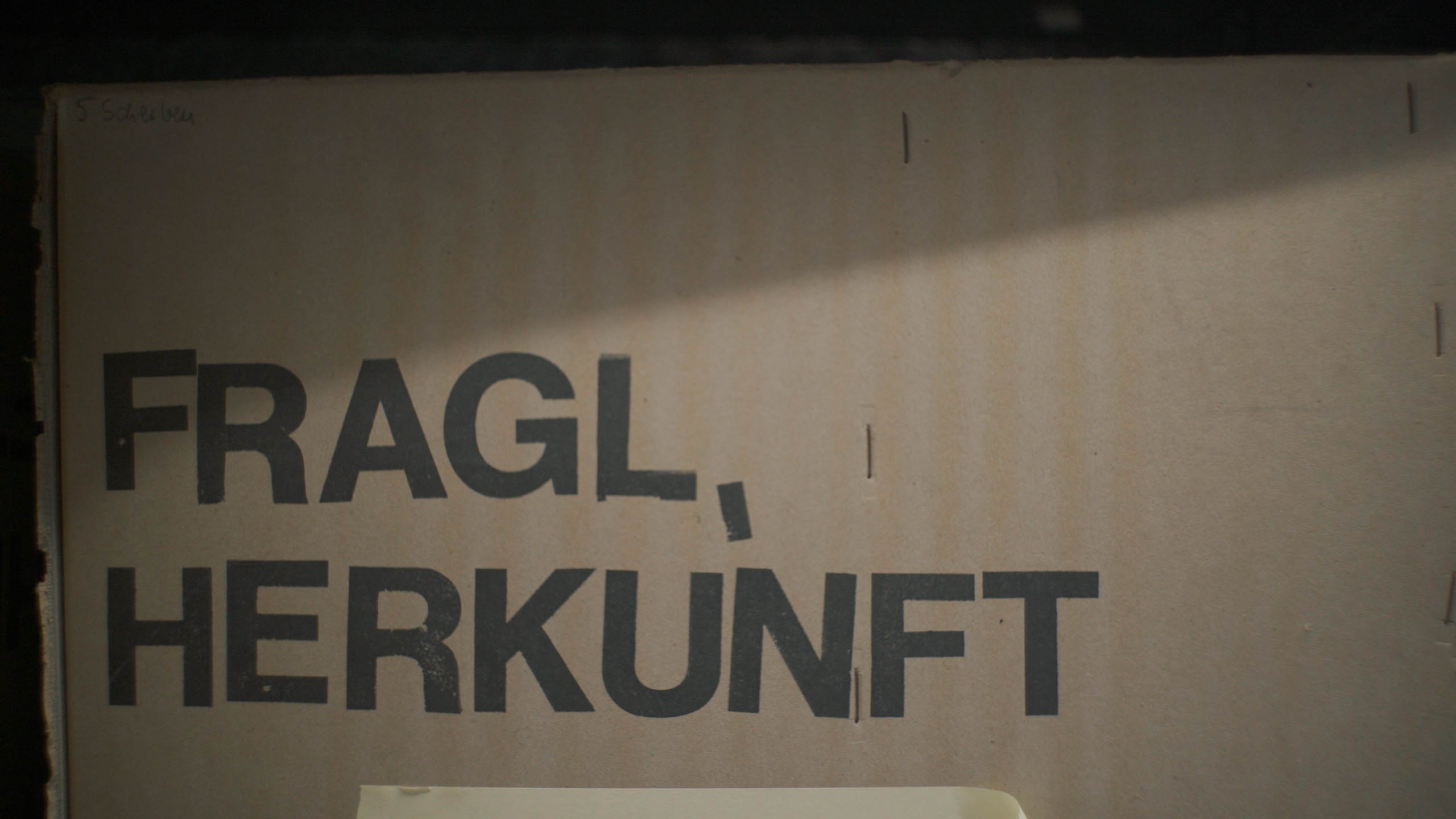
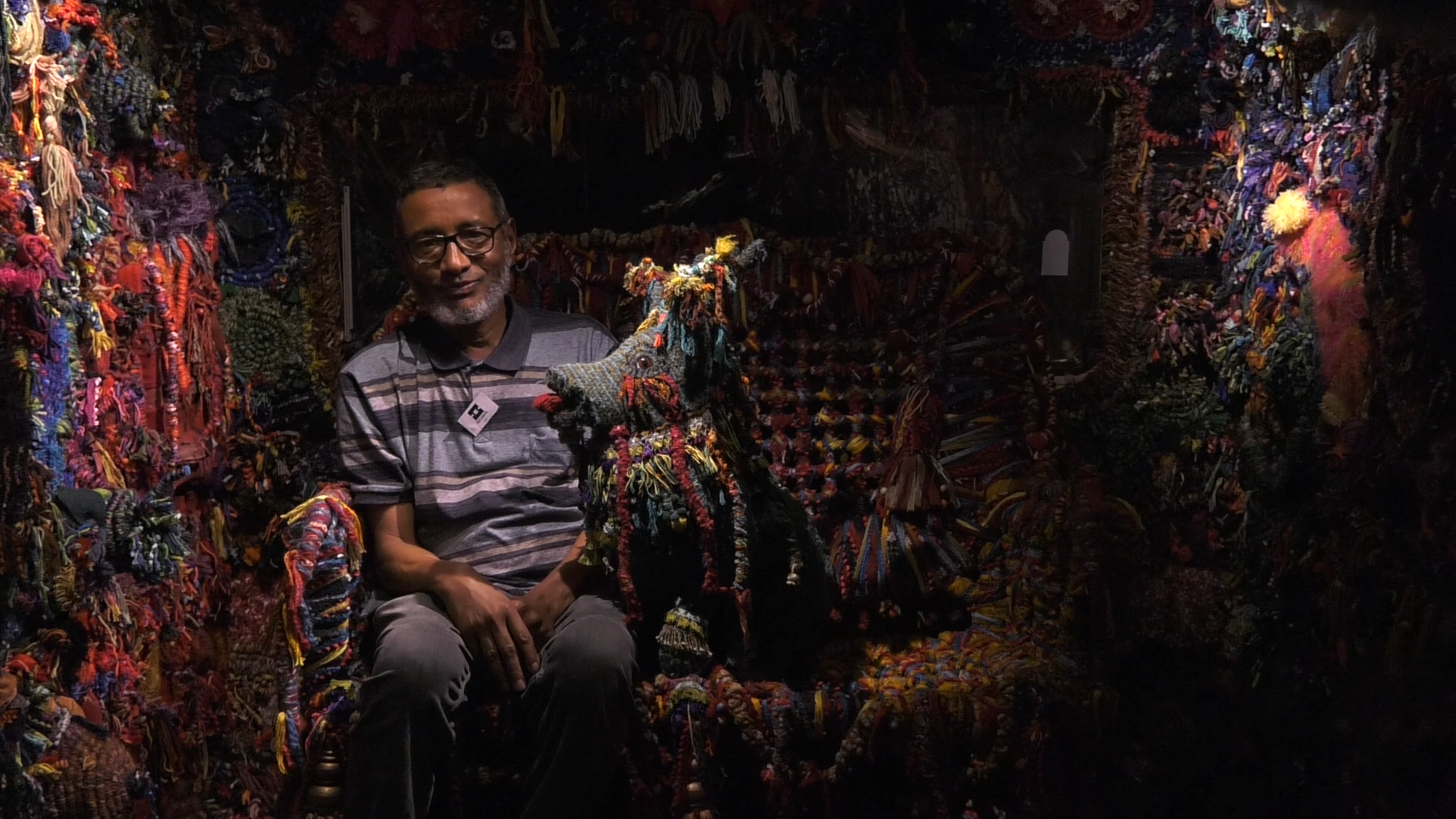
Film 6 – Ghosted
Collected, cataloged and categorized. Sorted and stored to be displayed in a wooden cabinet or left in the dark to slumber. But can you really contain a spirit or ghost? The present will always be haunted. Produced during the CAV summer school Beyond Observational Cinema “Ghosted” explores the imaginaries around objects in the ethnographic museum of Neuchâtel (Switzerland) as well as the haunting colonial past of the city in general.
Paloma Gude is a master student of anthropology and history at the University of Neuchâtel. Filippo Bozzini is a master student of anthropology and sociology at the Graduate Institute of Geneva. Nimal Bourloud is a master student of social anthropology at the University of Bern.
Film 7 – Bariz
!Content warning – Police violence!
Summer 2015, Paris, La chapelle neighborhood. Hundreds of exiled people recently arrived from East Africa are surviving on the streets. Chased violently by the police but supported by a large group of neighbors. From police raids to “humanitarian evacuation”, fake housing offers and failed promises, the authorities tried to dispersethem, silence them and reduce them to an invisibility that they will contest by organizing sidewalk assemblies and protest marches. A few months later, after having finally obtained their rightful housing, two Sudanese young men come back on these sites where they first landed and talk about their arrival in Paris during this agitation. While the former sites of these camps are today surrounded by fences, “Bariz” is an attempt to leave a trace of this exceptional moment of solidarity, as told by the migrants themselves.
Nicolas Jaoul is an anthropologist at the CNRS, specializing in the politics of the underprivileged minorities in India. He followed the teachings of Jean Rouch in Nanterre and is interested in exploring the mutual engagements of cinema and ethnography both theoretically and practically. Filmed during his thesis investigation at the end of the 1990s,”Sangharsh (Strife)” is his first feature film. In 2020, he released Bariz in order to document the politics of migrants.
